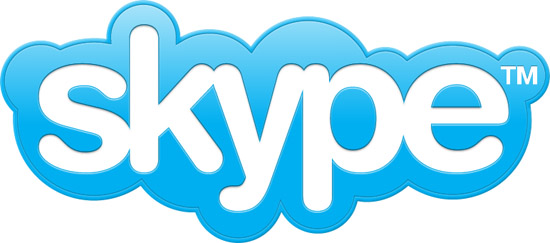
On Wednesday HP announced its plans to buy out Palm for $1.2 billion, or at a price of $5.70 per share of Palm common stock. This is big news, and it’s quite shocking. Palm’s existance takes the shape of a rollercoaster ride. Since its inception in 1996, Palm introduced the world to some of the first personal device assistants (PDAs) with the Palm Pilot, the Handspring Treo, Treo and Centro smartphones, and the failed experiment that was Folio. After nearly facing its demise, Jon Rubinstein (who helped invent the iPod) left Apple to help ressurect Palm. And so he replaced Ed Colligan as CEO, created a new mobile operating system called WebOS, and pushed out two new smartphones, the Palm Pre and Palm Pixi. Thanks to a downright scary marketing campaign (watch this commercial if you dare) and tough business decisions (making the Pre exclusive to Sprint), Palm’s stock took another nosedive and rumors of a buyout quickly surfaced. Tech companies like HTC and Lenovo sat at the top of analyst’s lists as possible companies to gobble up Palm. And then, all of a sudden, HP literally came out of no where to seal the deal. And look at that, we’ve made it to present day.
HP will officially acquire Palm during HP’s third fiscal quarter, or by July 31. So what does this mean for the two entities? Right now this is what Palm’s got: the Pre, the Pixi, and most important to HP, WebOS. HP’s executive VP Todd Bradley says, “Palm’s innovative operating system provides an ideal platform to expand HP’s mobility strategy and create a unique HP experience spanning multiple mobile connected devices.” Essentially, HP is going to take everything WebOS and run with it across a wide range of devices. Which means you can plan to see it running on smartphones and potentially netbooks and tablets. All this begs the question, what will become of the HP Slate now that WebOS is on the table? Only time will tell.
It’s been confirmed that Palm CEO Jon Rubinstein will stay onboard with the majority of senior team members at the company. Also, the current Palm hardware roadmap has not been affected by the merger. All signs point a happy marrige. Says Rubinstein: “We look forward to working with HP to continue to deliver industry-leading mobile experiences to our customers and business partners.” He added, “I don’t think HP would do this unless they were willing to make the kind of investment necessary to win.” What’s interesting here, though, is that HP signed up to be an initial key partner with Microsoft for Windows Phone 7. Also, HP already has their less-than-successful line of iPaq smartphones. Will Palm become iPaq or stay Palm? All of these questions will likely be answered sometime between now and July. All in all, the acquisition is a big win for consumers (and Palm, really) as it will breath new life into the emerging WebOS platform and introduce new hardware on a whole new scale of innovation.
Look after the break for the official PR and a letter written by Rubenstein to his company.
[Via Engadget, here & here; WSJ] Continue reading HP acquires Palm; tech world goes “Gasp! Now what?” →

